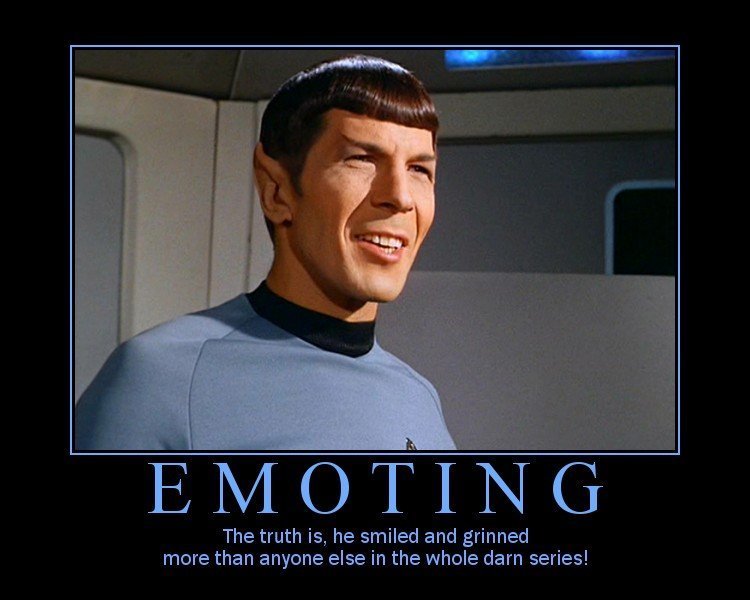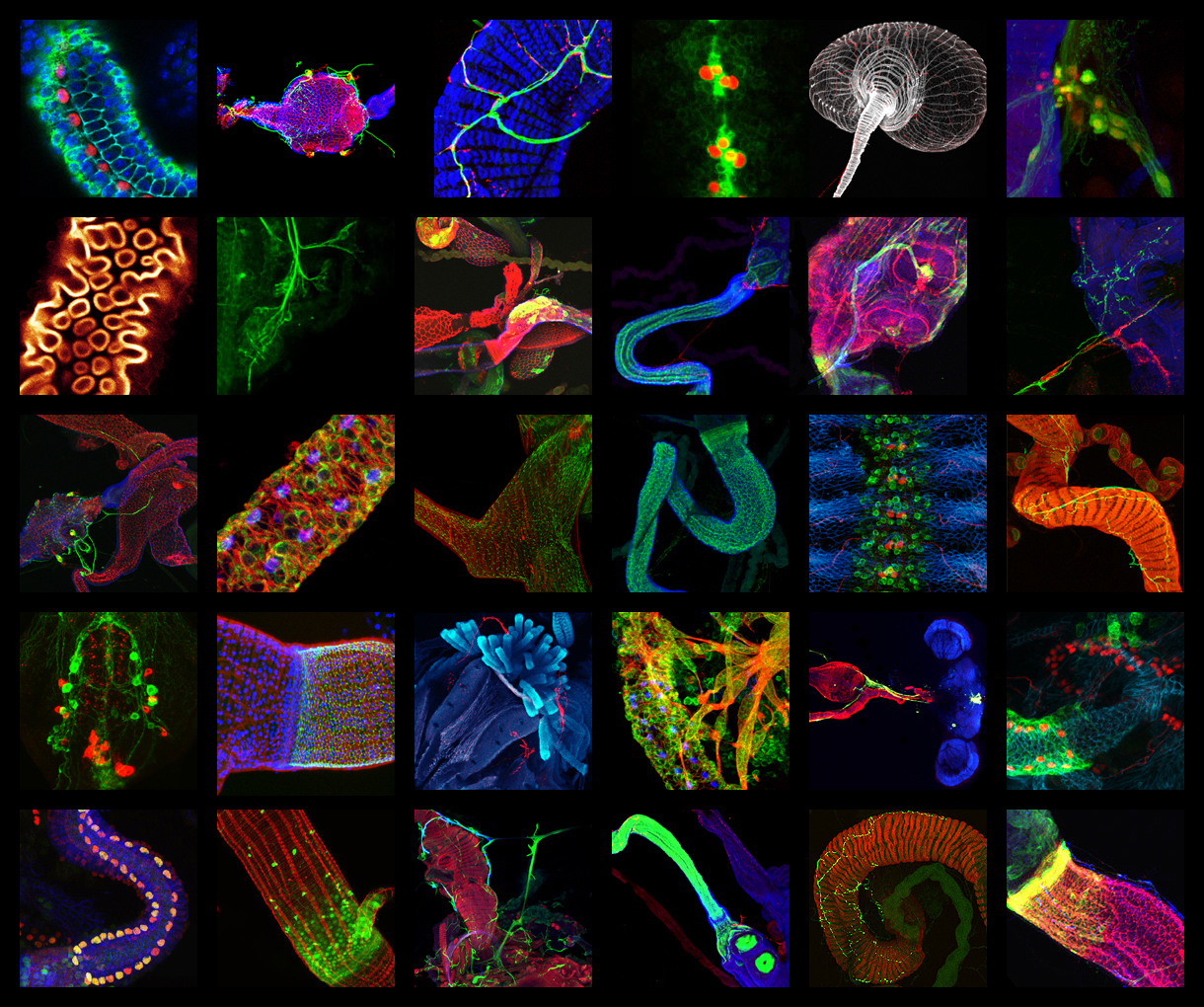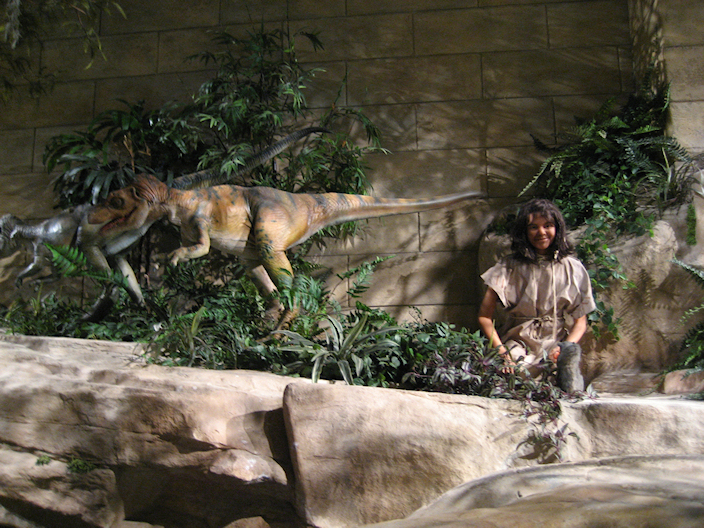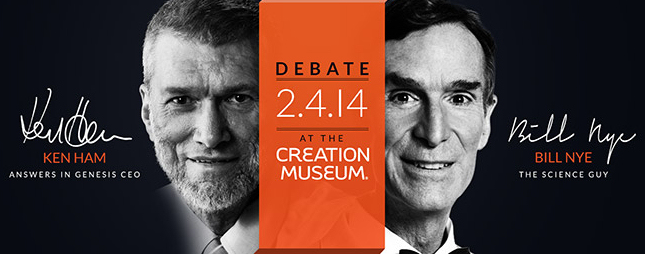In just over two weeks, Bill Nye (the Science Guy) is scheduled to travel to Kentucky to debate evolution with Ken Ham, founder and CEO of the Creationism Museum. There are a lot of scientists (and anti-creationist advocates) who are up-in-arms over Nye’s decision to engage the trolls.
Dan Arel over at the Richard Dawkins Institute writes:
When you accept a debate, you are accepting there is something worth debating….
Creationism vs. evolution however is not worth debating. Why? Simple, there is nothing to debate. Evolution is a scientific fact, backed by mountains of evidence, peer-reviewed papers you could stack to the moon and an incredible scientific community consensus. Creationism is a debunked mythology that is based solely in faith. It has zero peer-reviewed papers to back up its claims, it has absolutely no scientific consensus and is not even considered science due to the fact it cannot be tested…
Ham is a snake oil salesmen and Nye just offered him up an infomercial to sell his product. Ham can repeat his mantra over and over; “teach the controversy”.
Arel is absolutely right: debating Creationism with a scientist dignifies Creationism, elevating it to the level of rational debate. However, Arel is wrong for concluding that for this reason Nye should not participate in the “debate”.
Here’s why: not having the debate is against the scientific faith.
There’s a stereotype that scientists are — and should be — dispassionate conveyors of hard scientific fact. There’s a stereotype that scientists are androids, Vulcans, the Enterprise computer; stuffed full of knowledge but stumped by the vivaciousness of humanity. There is a stereotype that science and passion are at odds.
Nothing could be further from the truth. Scientists are among the most alive, most passionate, most faithful people I know.

Science — for me — is among the most spiritual of pursuits. I would be lying if I said there wasn’t a feeling of profound euphoria that comes with scientific discovery. I would be lying if I said my pursuit of science didn’t make me feel closer to nature, more aware, more alive. I would be lying if I said I didn’t believe that this feeling of discovery wasn’t something I wanted to share with the world.

So, yes, there is a vital, rarely discussed, but absolutely real scientific faith.
I’m not talking about religion, or God, or spirituality. While, many scientists ascribe to a religious faith, others are atheist or (like me) agnostic. But that’s not the topic of this post. I’m not talking about the religious faith of scientists.
I’m also not referencing the asinine charge by some Creationists that the fact of evolution is as faith-based as creation myths. I’m not referencing the silly notion that science and scientists are cultists whose central tenets are as fundamentally irrational and unfounded as religious mythology. Science, and the scientific method, is evidence-based, not faith-based. Evolution is a scientific fact.
No, what I’m talking about is the scientific faith: a faith shared by all scientists, a faith in the capacity of humans to be rational, to be open-minded, to embrace reason. The scientific faith is a faith in humanity; it is a fundamental belief that the human creature is capable of exploring and understanding this incredible world we inhabit through carefully applied critical analysis. The scientific faith is that everyone — you, me, Ken Ham — are capable and deserving of that scientific exploration.
Scientists exercise that faith not only through the reasoned pursuit of evidence-based science, but through our enthusiastic efforts — best exemplified by a man like Bill Nye — to educate non-scientists of our discoveries. We exercise that faith through our philanthropic efforts to help people better understand the scientific miracle that is this universe.
Faith is defined as belief in something, often in the face of evidence to the contrary. True to this definition, the scientific faith in the universal rationality of the human mind persists despite ample counter-evidence. Scientists approach the world with the faith-based (not reason-based) optimism that everyone, not just other scientists, share a basic scientific curiousity about the world, and that we can appeal to that curiousity with judicious exposure to evidence and fact. We cling to that optimistic faith in the human mind even in the face of dogged zealotry in all its forms: the climate change denialists, the anti-GMO activists, the anti-stem cell advocates, and yes, even the anti-evolutionists.

Even in the scientific world, we apply the basic faith in the rationality of our fellow scientific colleagues. I am a biologist, not a nuclear physicist; my understanding of physics may not even approach that of the layperson. Yet, I trust — exercise faith — that the facts established by this field were reached by the meticulous work of rational objective people who designed and tested the right experiments to arrive at a reasonable scientific conclusion. Perhaps some reading on my part would confirm that faith; but I would be lying if I said I had done that reading, or that in some fields (like theoretical physics or applied mathematics) I would even be capable of understanding the science. Instead, it is my faith in the ability of these scientists, and their good work, that convinces me. This occurs despite the occasional example of scientists who manufacture data; yet, my faith that most scientists are rational, reasonable, and scientific remains.
In addition, for the scientific industry to persist, scientific discovery needs to persuade not just scientists, but the people who fund our science. Science is, after all, a form of community service, and good science is that which can better global knowledge, not just the knowledge of the scientific community in isolation. Compelling science is persuasive to everyone, even to the person who doesn’t want to believe the conclusion. The fact of gravity should stand even to the person who wishes fervently that the next jump will launch a person into the stratosphere. Good scientists approach our work from a similarly skeptical mindset. Science eagerly engages skepticism; it doesn’t run from it.
When scientists start to draw the line at who and what is (and isn’t) worthy of engaging in debate, we wander into territory at odds with the scientific faith. We argue that strong science, and the facts established therein, cannot stand in the face of anti-science zealotry. We further argue that there are some ideas not worth debating, even though part of science is the persistent questioning and re-examination of widely-accepted scientific dogma.

We argue that there are some people who cannot be reasoned with. We argue that there are some people for whom evidence-based science cannot win the day.
This is not a science I want to participate in. I refuse to believe that science is a pursuit only for the high-minded; I believe science is something that can engage anyone, and should be shared with everyone.
So no: for me, the question of whether Bill Nye should debate Ken Ham and his Creationists is not a rational question; it is a moral one.
The moral scientist debates anyone interested in questioning the product of scientific discovery. The moral scientist respects anyone willing to engage scientific thought. The moral scientist encourages everyone to learn — and thereby to love — the world around us.
I think science loses something when we lose that faith in the basic intelligence of our fellow man.

